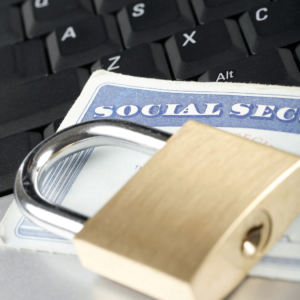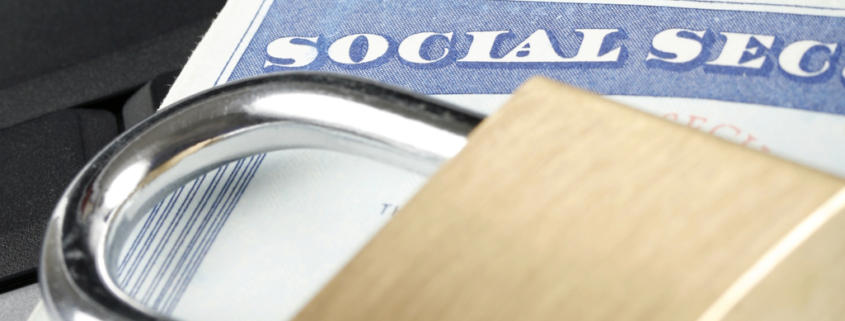Have You Heard of a “Credit Profile Number?” It’s a Fake Social Security Number
Cyber criminals are always trying to keep one step ahead of the crowd, and now there is another scam that you should be aware of. It’s called “synthetic identity theft,” and it is when a bad guy takes some of a victim’s personal information, and then they make up the rest. These people also will use fake Social Security numbers, which are known as “credit profile numbers,” or CPN.
 Thanks to this type of identity theft, however, we can see that our credit system is very vulnerable. Essentially, it tells us that it is very easy to create a credit file by using this information, and once they do, they can get a loan or credit card with the information of their victims.
Thanks to this type of identity theft, however, we can see that our credit system is very vulnerable. Essentially, it tells us that it is very easy to create a credit file by using this information, and once they do, they can get a loan or credit card with the information of their victims.
Of course, this practice is illegal, but cyber criminals don’t care, and there is really no way of distinguishing a fake Social Security number from a real one. Social Security numbers are randomly generated, and it makes it very difficult for a lender to notice when a fake one comes in. Technically, these lenders could contact the Social Security Administration, SSA, but most of them don’t take that step. Why? Because the SSA requires a signature from the owner of the SSN, and lenders are too lazy to do this.
A better idea would be to create a way to allow lenders to check to see if a Social Security number is real, but as of now, without the lender making significant financial investments in additional fraud prevention technologies, this is not a possibility. Lenders do, however, have their own tools for fraud-detection, but these fakes still fall through the cracks way more often than they should.
This practice has also made the job of a fraudster easier because they know that this is a system that is very vulnerable. It’s simply a numbers game, the more synthetic identities or CPNs submitted in applications for credit, the more likely they are to get approved. It is true that most lenders don’t accept credit applications from people who don’t have a credit history, which would be the case of a “credit profile number, but some do, and the more often they try to apply for credit or a loan, the better the odds are that they will be successful. Though the lender probably won’t give the applicant a lot of credit, this number can rise the more often it is used.
If there is one takeaway here, it is that you should be aware of any and all scams that are targeting your finances and identity. Take steps now to keep your personal and private information safe.
At a minimum, get yourself a credit freeze and consider investing in identity protection services. These layers of protection make you a tougher target.
ROBERT SICILIANO CSP, is a #1 Best Selling Amazon author, CEO of CreditParent.com, the architect of the CSI Protection certification; a Cyber Social and Identity and Personal Protection security awareness training program.


























